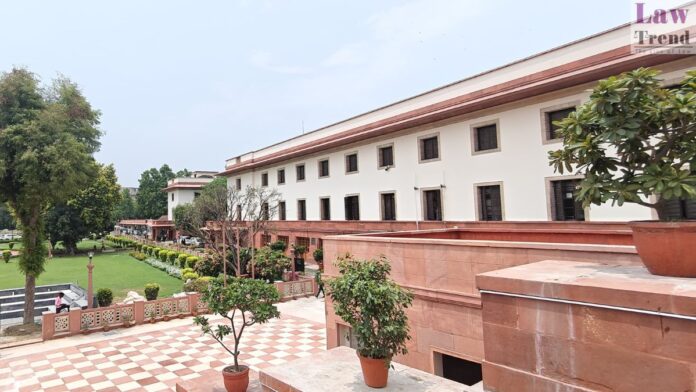In a landmark judgment, the Supreme Court of India has clarified that a consent order issued in an eviction proceeding cannot confer ownership rights upon a tenant without a proper legal instrument. The ruling came in the case of Beena and Others vs. Charan Das (Deceased) Through Legal Representatives & Others [Civil Appeal No. 3190
To Read More Please Subscribe to VIP Membership for Unlimited Access to All the Articles, Download Available Copies of Judgments/Order, Acess to Central/State Bare Acts, Advertisement Free Content, Access to More than 4000 Legal Drafts( Readymade Editable Formats of Suits, Petitions, Writs, Legal Notices, Divorce Petitions, 138 Notices, Bail Applications etc.) in Hindi and English.




